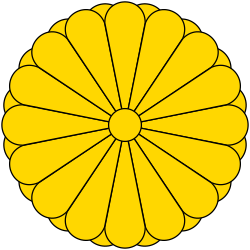| This article is part of a series on |
 |
|---|
The Hate Speech Act of 2016 is a Japanese law that regulates hate speech. It was enacted on 25 May 2016 by the National Diet. However, it does not ban hate speech and sets no penalty for committing it. [1]
The act was passed in order to comply with United Nation's International Convention on the Elimination of All Forms of Racial Discrimination, which stands for eliminating hate speech from the world. [2] [3] Nippon Ishin no Kai argues that the bill should expand to include insults.[ citation needed ] The Liberal Democratic Party, on the other hand, argues that criminalizing hate speech would lead to loss of freedom.[ citation needed ] Members of the Constitutional Democratic Party of Japan and the Japanese Communist Party have called for the enactment of new legislation in order to further advance the cause. [4] Moving forward, it is unclear whether or not Japan will more strictly enforce the Hate Speech Act of 2016.[ citation needed ]